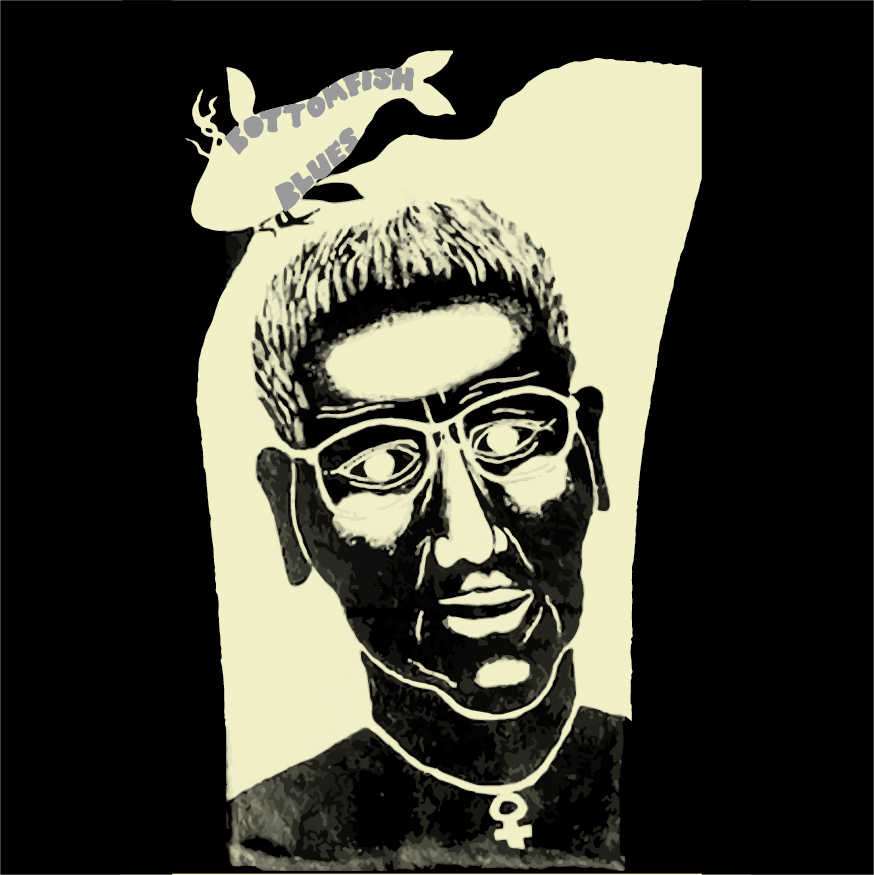Butch Lee / 1940-2021

Butch Lee liked to compare life to a busy transit system, in which people were always coming and going. Butch herself has left, died this passing year 2021, after a long determined battle with terminal illness.
She leaves behind comrades and friends and family who cared deeply for her.
She is and will be very much missed.
This is an uncomfortable thing to write. We know Butch would not have wanted to be put in any spotlight, would have hated being put on any sort of pedestal (as she put it, “The pedestal & the gutter can both be the same address”). Indeed, if she had had her way, we would not be sending out any kind of death notice at all. (Sorry, but we thought that your readers and comrades needed to know).
Butch was born “just as the big World War II was starting” and lived through the peak of the uprising following the murders of George Floyd and Breonna Taylor. As she wrote in a recent discussion about antifascism, “i was born in New Jersey because my moms escaped her childhood home herself in Minnesota. My grandmother was an escapee, too, as a young woman from Czarist Russian in the bad old daze. My only family inheritance seems to be a willingness to escape. Very precious for a free woman, i feel.”
A lifelong revolutionary, Butch entered the movement through the Civil Rights struggle in the start of the 1960s. She was an active participant in many key battles one might have read about — if her name does not appear in various histories, that is not always entirely by accident. The political framework within which she lived and worked was created by the Black Liberation movement, specifically by the struggle for the liberation of the Black Nation. She would go on to write journal articles and books, some under the name Butch Lee, others that remain unattributed. Her writing was often addressed to white women, and the themes of having to break with whiteness and to oppose racism amongst white women recur throughout her works. “What we’re all fighting over is really simple — the end of men’s white race.” Another recurrent theme is the need for armed force, by and for women, as a prerequisite for any future women’s liberation — “having a role in their armies isn’t anything like being warriors in a women’s army. We have nothing until we build for ourselves. That’s the contradiction we can’t escape.”
Always, centrally, and to the end, Butch remained focused on the struggle, wanting to know what people were doing and what people were talking about, always open to the possibilities of what the future might bring. “Everyone gets on the bus somewhere” she said, when discussing different things people were involved in. Having lived through periods of bitter defeat and backlash, she never acted like she knew what to do. As one of us recalls, “When asked she would refuse to give me advice and would say things like ‘we tried and we failed so i’ve got nothing for you, you have to figure it out’.”
Butch, we miss you.
Leave a Reply